
Approximately 27 students have been approved to remain in Rollins’ residential housing for the remainder of the Spring semester after the college’s closure. A total of 92 students applied for full-semester housing through a residential waiver process.
Selected students are now housed in the Sutton Place Apartments and are encouraged to follow the Center for Disease Control and Prevention’s (CDC) guidelines for social distancing to prevent the spread of COVID-19. These students must limit group gatherings and visitors, work remotely when possible, and practice good hygiene according to standards set by the Office of Residential Life & Explorations.
No more than two students will be housed in each apartment, and each student will have a single room and private bathroom. If necessary, students may be relocated to individual apartments to meet standards set by health officials.
The college received a total of 172 applications for contingency housing, including 80 late-stay requests and 92 applications to stay for the rest of the semester. Out of those 92, 36 students were originally approved for semester-long housing, but after approval, nine of them ultimately changed their minds about staying on campus.
An interdisciplinary team of administrators—including individuals from the offices of Residential Life & Explorations, Student & Family Care, the Vice President for Academic Affairs and Provost, and the Wellness Center—reviewed and evaluated student applications based on their criteria.
“We prioritized international students who cannot go home, students who have known severe physical health or safety risks, and students who are homeless. Those criteria were determined to ensure [the] greatest safety of our campus community while also considering the needs of our most vulnerable populations,” said Mamta Accapadi, vice president of Student Affairs.
While the number of students on campus was minimized in the interest of public health, students whose applications were denied say that it has had unintended consequences.
Student stories
Students like Sara Willenkin (‘20) were concerned about the consequences of going home and endangering their families. Willenkins is an international student, and most of her family lives in Japan. They did not want her to risk bringing the virus home by going to the airport.
“The day the announcement was made, I immediately filled out the waiver so that I could stay. I knew my grandparents lived nearby, but they’re nearly ninety, and I didn’t want to put them at risk,” said Willenkin.
Her request for housing was ultimately denied, as was her friend’s application. Rina Matsubara (‘23), an exchange student from Japan studying at Rollins, was given a late stay extension, but it was only a few days long. Willenkin and her grandparents offered her a place to stay.
“Her only option if no one had offered her a place would have been to fly back to Japan, closer to where the pandemic started, and that’s not a good option,” said Willenkin.
Willenkin said she does not currently use the Counseling and Psychological Services (CAPS) program, but she wishes she could now because the uncertainty and stress of the global situation is negatively impacting her mental health.
Jane Doe (‘23) requested that The Sandspur not use her real name to protect her safety.
“When I got the email saying that housing was shutting down and we were all going home, I immediately started crying,” said Doe. She spoke with Student & Family Care, her Hall Director, and her Resident Assistant (RA) about the waiver before she applied to stay on campus.
“They all agreed that I should fill out the waiver and that I had a really good chance of being approved for it because of what my home situation was like,” said Doe. However, her application was denied, and she did not know that she had the opportunity to appeal until after she had moved off campus.
Doe said that Student & Family Care checks in with her occasionally, but other than that, she does not receive much support from Rollins.
“CAPS will not be doing online [counseling] sessions, so I won’t be able to have my therapy appointments, and I have to find a way to get my medications on my own at home without my family knowing … I also have to be back in the closet at home,” she said.
Doe expects that her academic performance will be impacted by the changes caused by the pandemic.
“Mentally, I just don’t have the energy to do academics,” she said.
Rollins Support Services
Connie Briscoe, director of the Wellness Center, said the center will be following the CDC’s recommendations for social distancing and will no longer be able to provide in-person services. Because many counsellors at the Wellness Center are interns who are not licensed to practice tele-health services, routine therapy via CAPS will not be provided by Rollins.
“Our main goal will be to check in on students and help them identify coping strategies, resources, and next steps. We will also work with students to assist them in finding a provider in their current location, and other online or phone-based services to Rollins students,” said Briscoe.
Student Health Services will provide limited tele-health services to students, including prescription refills and basic health care consultations. Psychotherapy groups and workshops are temporarily suspended, but Briscoe hopes to begin offering workshops via WebEx in the coming weeks.
The Well Connect After Hours phone service (833-848-1761) will continue to be available for students needing immediate mental health attention.
The COVID-19 pandemic has disrupted Rollins’ operations in many ways, and students are encouraged to stay in contact with administration, faculty, and Student & Family Care for assistance during this tumultuous time.
“Please continue to reach out to us. We are all using the WebEx platform, and we would love to see you and hear your voices as we navigate the rest of the semester. We are here for you and miss you deeply,” said Accapadi.
She also expressed her gratitude for the Rollins community’s response to the changes.
“I am sitting in the middle of immense heartbreak and unwavering hope. Our community is going through a tough transition unlike anything we have ever experienced,” said Accapadi. “Right now, I am so grateful for the lengths that everyone in our community has taken to adjust our operations as we all work to support our student community. I am also grateful that our community is taking this public health matter seriously. Together, our sacrifices will limit the spread of the COVID-19 virus and save many lives.”


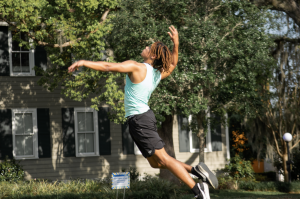






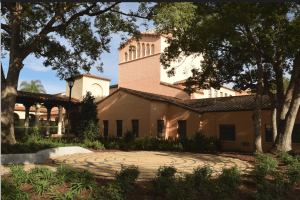



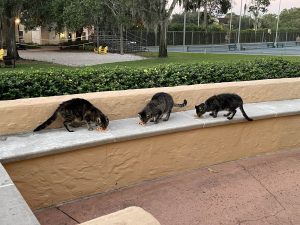

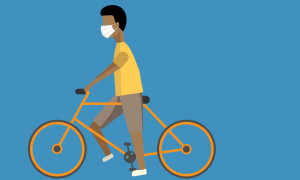
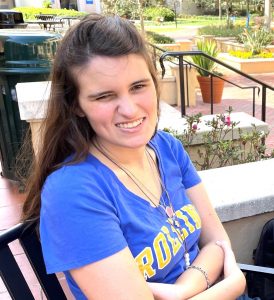

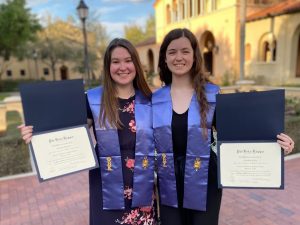
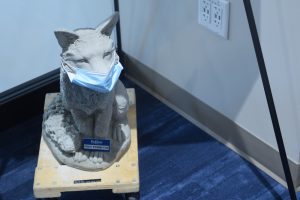
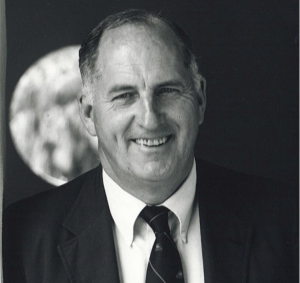
Comments are closed.